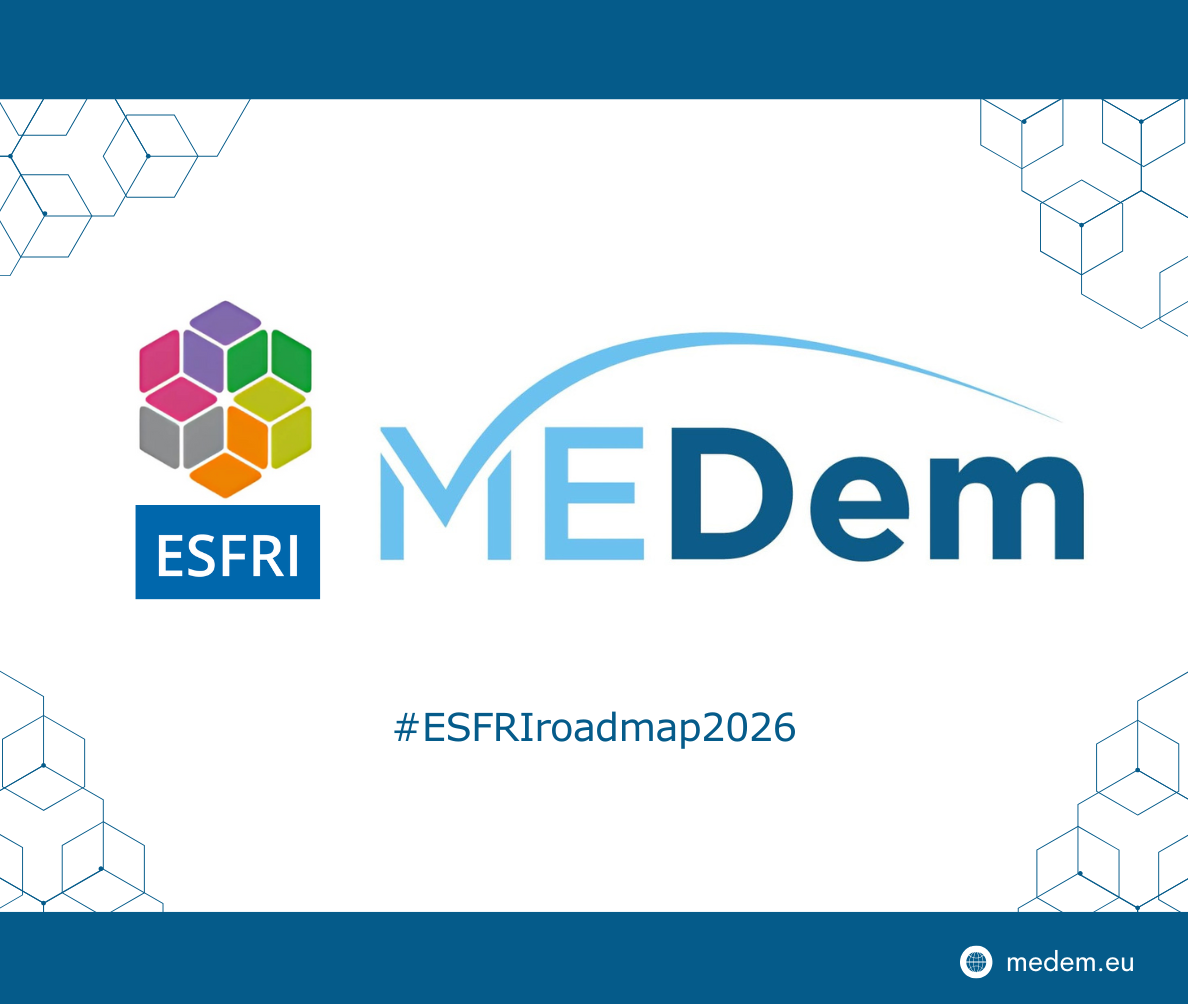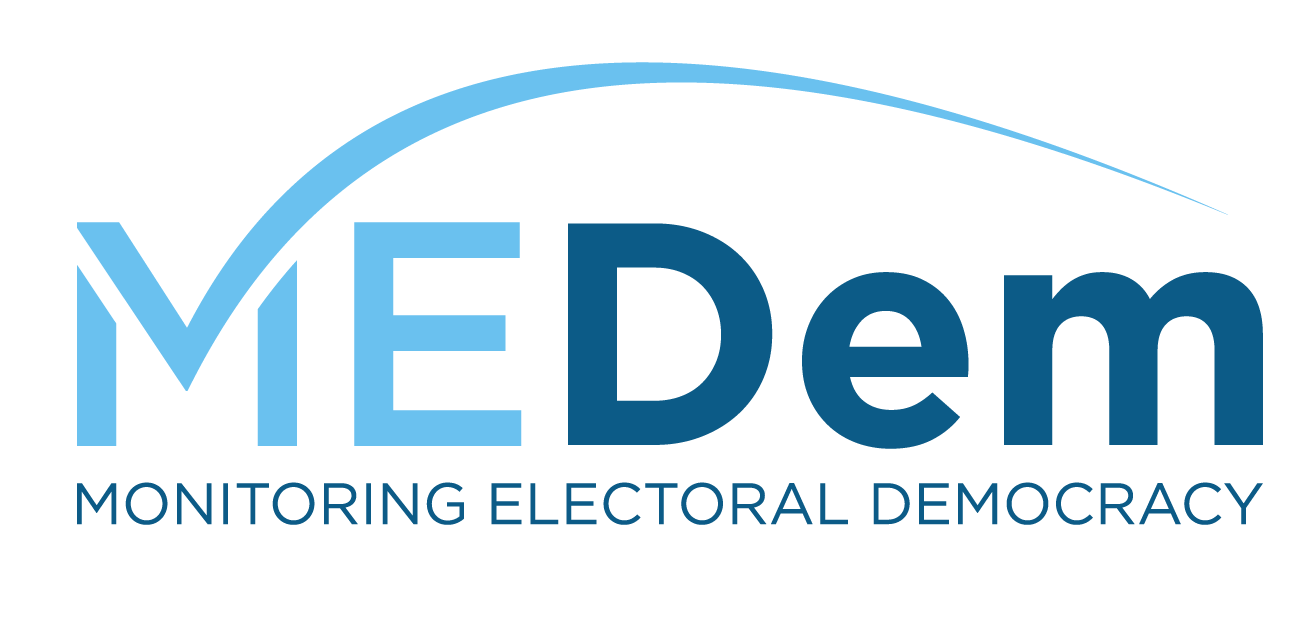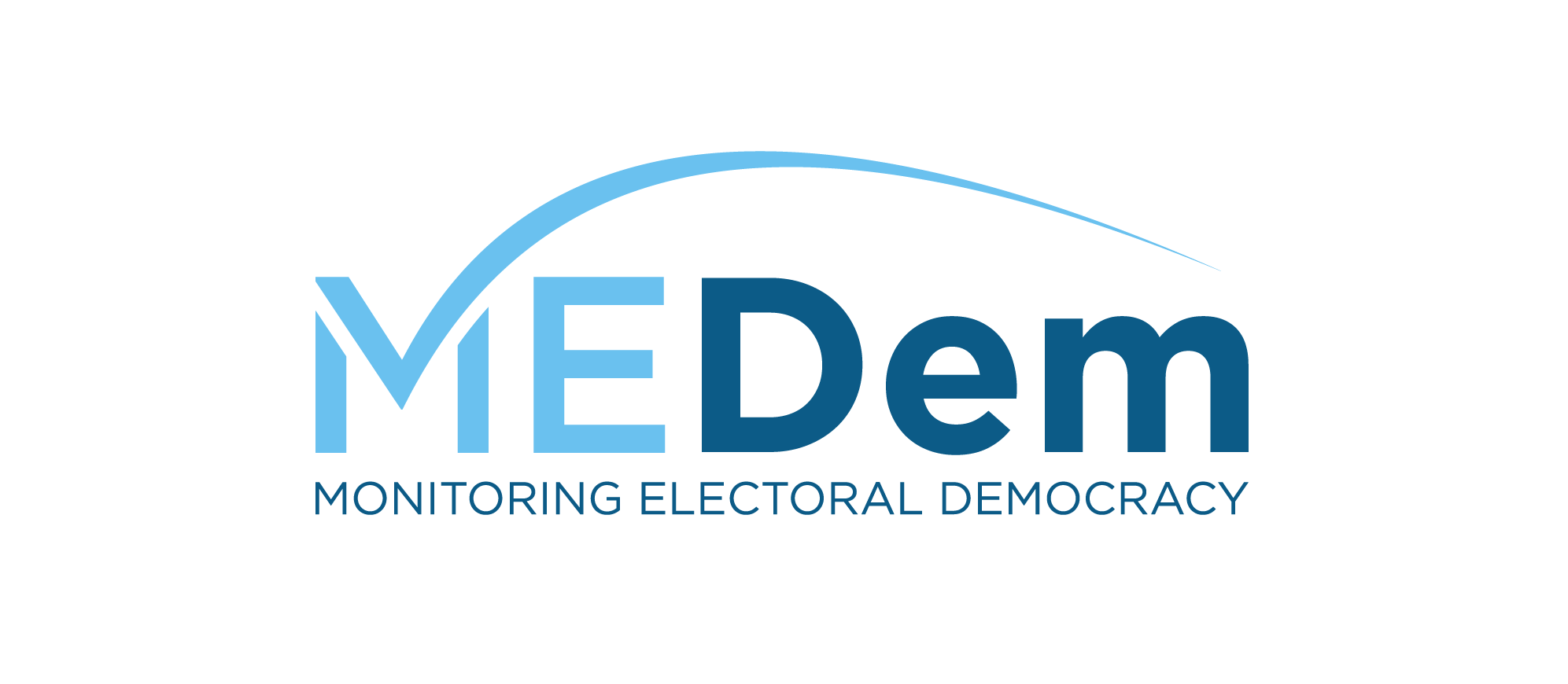MEDem has applied for inclusion on the ESFRI Roadmap 2026: Shaping the Future of European Democracy Research
On April 8, 2025, MEDem (Monitoring Electoral Democracy) took a major next step toward shaping the future of Democracy Research in Europe: it officially submitted its application for inclusion on the ESFRI Roadmap 2026. The submission is supported by 15 Member States and Associated Countries. While Austria leads the initiative, MEDem has secured political support from Belgium, Croatia, Denmark, Germany, Greece, Iceland, Italy, Latvia, Lithuania, Poland, the Netherlands, Sweden, Slovakia, and Switzerland—with discussions ongoing with additional countries.
This submission marks a significant milestone in MEDem’s ongoing effort to bridge the fragmented landscape of European Democracy Research. By focusing on data inventorization, harmonization, and linkage, MEDem lays the foundation for high-quality, comprehensive comparative Democracy Research. Inclusion on the ESFRI Roadmap would not only affirm the importance of MEDem’s goals but also guarantee a solid foundation for sustainable growth, long-term funding, and greater institutional visibility and impact at the European level.

Yet, this is not the only development worth celebrating. All MEDem Steering Committee partner institutions have now signed a consortium agreement, setting the stage for MEDem’s official governance structure. In parallel, the ESFRI application process led to official financial commitments from these partner institutions, complementing funding already pledged by the Austrian and German governments. With this, MEDem is now formally established and well-positioned for the years ahead.
BROAD SUPPORT FROM THE RESEARCH COMMUNITY
MEDem is currently backed by a strong community: more than 1,000 scholars and 100 institutions/associations have endorsed MEDem’s application, and over 30 research networks have committed to cooperate in building MEDem. The diverse and comprehensive range of data—spanning election survey data, candidate surveys, text and multimedia data from media coverage or party communication, data about political institutions or events, and country-level data stemming from official statistics—forms the empirical foundation for innovative comparative analysis of democratic systems and processes.
A STRONG SIGNAL FOR DEMOCRACY
At a time when democratic institutions face increasing pressure, the demand for accessible, diverse, and comparable data is more urgent than ever. MEDem responds with an infrastructure tailored to support evidence-based policymaking, cutting-edge academic research, independent journalism, and the work of civil society actors. By aiming to make key aspects of democratic life more visible and understandable, MEDem will contribute to greater transparency and accountability in political processes. It also strengthens democratic inclusivity by ensuring that research and public debate can draw on data that reflect a broad range of voices, experiences, and contexts. In doing so, MEDem helps safeguard the conditions for open, informed, and participatory democratic societies.
THE WORK CONTINUES
Looking ahead, prototypes of MEDem services are currently being developed, and updates will be presented at the upcoming MEDem Conference 2025 in Cologne—offering an increasingly concrete glimpse into what the infrastructure will provide. As MEDem moves from the planning to the preparation phase (in ESFRI terms), continued collaboration across national borders, institutions, disciplines, and communities remains essential. Finally, we would like to sincerely thank everyone who has supported MEDem over the past months and years—through engagement, expertise, political backing, or institutional commitment. This collective effort has laid the foundation for what MEDem is becoming.

